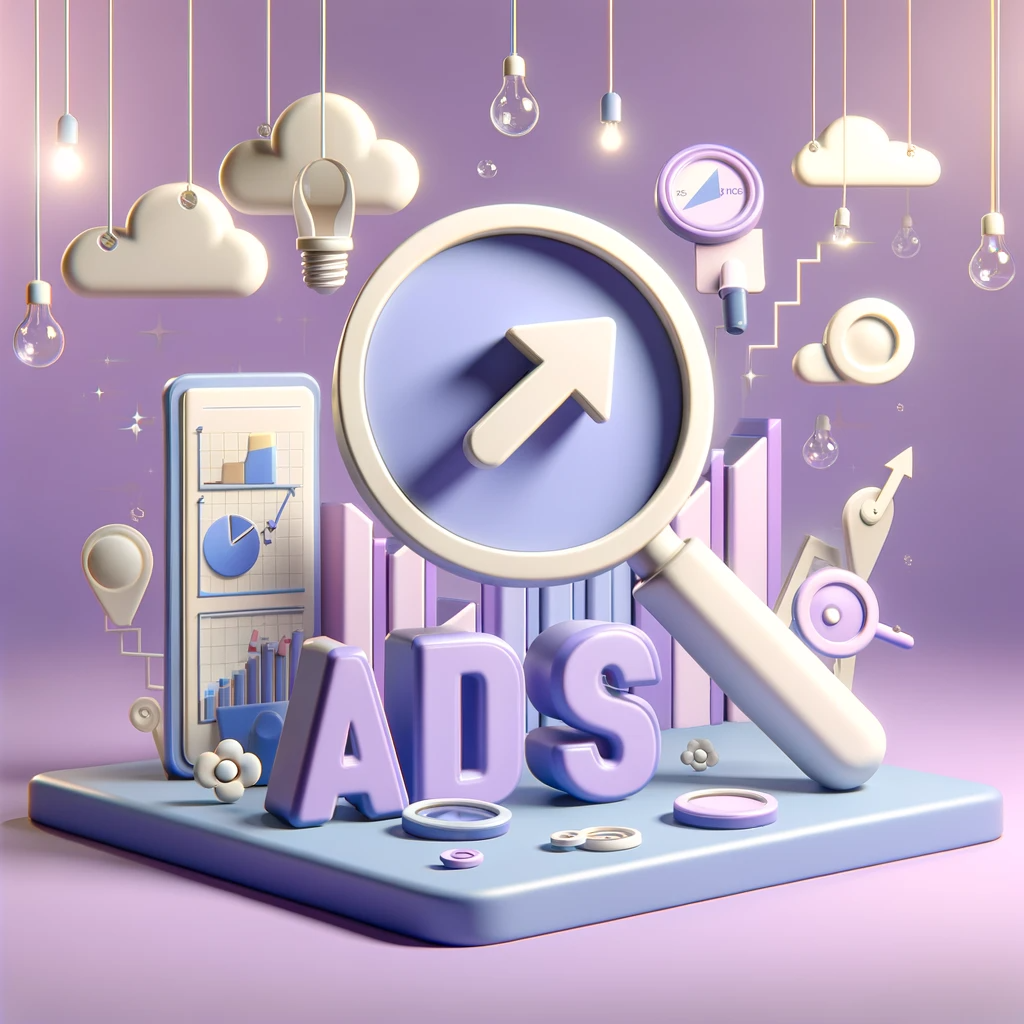The competitive nature of Google Ads means that advertisers are in constant competition for the top positions in the search results, all wanting those important impressions and clicks. Achieving the lucrative top spot can generate a large influx in brand awareness and sales, which is why many advertisers are willing to pay extortionate CPC prices to bag the top spot.
Brands with a very large advertising budget may be able to afford the costly CPCs, but the average advertiser will not. Luckily, hope is not lost, as ad visibility can be increased by focusing on improving ad relevance.
What is Ad Relevance?
Ad relevance is how closely your ads match the users search intent. Ad relevance is determined by how strong the relationship between the users search query and your keywords, ads and landing page is.
Google will measure your ad relevance and give you a status of: above average, average or below average.
Ad relevance is essential to a well performing ad campaign that has a good ROI. The higher your ad relevance, the higher your quality score which means lower CPC costs. Your quality score rating is built up of many different things, however, the three most important elements are: expected click-through rate, ad relevance and landing page experience.
How To Improve Google Ad Relevance
If you are at the beginning of your Google Ads journey and are looking for tips on how to create relevant, click-worthy ads or are struggling to increase the ad relevance of your existing campaign, keep reading for our tips.
Ad Groups
Each ad group in your campaign should have one specific focus on a singular topic, service or product. For example, a digital marketing agency would have a variety of ad groups covering all the different services they offer – one for keyword research, one for PPC advertising, etc.
By segregating your campaigns into specific ad groups, you ensure that your ads match user intent and the most relevant ad is shown to them. A user looking for a PPC management agency is far more likely to click on an ad from your PPC advertising campaign than your generic digital marketing campaign.
Keyword Selection
It is recommended that each ad group contains 5-20 keywords, however, this may vary depending on sector. Ensure all keywords are directly relevant to the topic of your ad group and the landing page your ad takes the user to.
It is often a better strategy to bid on long-tail keywords, as long-tail keywords tend to be more qualified. However, we recommend that each campaign contains both short and long-tail keywords to cover all bases and reach users in all stages of the research journey.
Long-tail keywords may receive fewer impressions, but the quality of the traffic will be higher.
Keyword Integration
The best way for a user to feel your ad is exactly what they were looking for is to include their search terms in your ad. When people see their search terms in your ad, it shows them that you ad is relevant to them and increases the likelihood of a click. Due to this, it is best practice to include your priority keywords within the headline and one of your description lines. You could also add a keyword to your display URL to increase relevance, just be mindful that your ad still reads well and does not come across as spammy.
Landing Page
An often-forgotten part of ad relevance is the landing page destination of your ads. In order for your ad relevance score to be high, the content of your ads must match your landing page. Ensure that landing pages are assigned by topic relevance and contain similar priority keywords. It is never recommended to direct an ad to your homepage, as it will not have a definitive topic and will deliver a poor user experience.
Ad Experiments
In order to produce the most relevant and effective ads for your campaigns, you must experiment with different ad copies and CTAs to see which is most effective. Google Ads automatically rotates the ads within your ad groups to ensure that the best performing ads are showing. You should have at least 3 ads per ad group and these should use varying keywords, CTAs, offers etc. to help determine which types of ads work best and deliver the highest ROI.
Are you setting up your first Google Ads campaign or need help transforming an underperforming campaign that is spending all your budget for little results? We can help turn clicks into conversions, contact us now to find out more.
